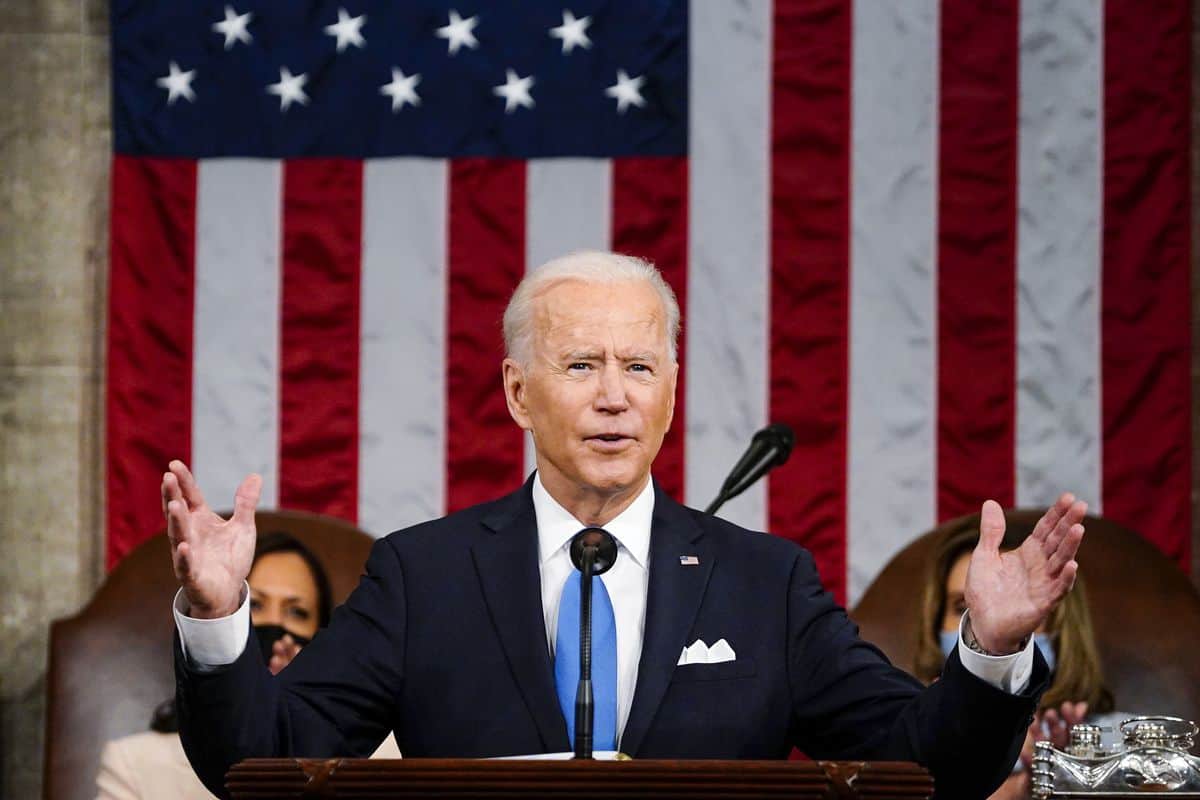
Jason Vazquez is a staff attorney at the International Brotherhood of Teamsters. He graduated from Harvard Law School in 2023. His writing on this blog reflects his personal views and should not be attributed to the Teamsters.
In the coming days, Labor Secretary Marty Walsh is reportedly poised to depart from his role in the Biden administration and be installed as executive director of the NHL Players’ Association. Sources signal an official announcement of the news may materialize by the end of the week.
As Walsh prepares to step down, significant regulatory initiatives remain pending at the DOL — including, among others, proposed regulations under the FLSA that would widen the scope of overtime eligibility and narrow the statutory definition of independent contractor. Walsh’s exit — which would constitute the first by a member of Biden’s cabinet — would leave Deputy Secretary Julie Su serving as the Department’s acting head.
Bloomberg Law’s newly-released 2022 NLRB election data certifies that labor organizing spiked last year, as the number of union election victories eclipses any other year in nearly two decades. And unions’ stunning rate of success — prevailing in more than 75% of elections — marks a new apogee in as long as the data has been compiled.
Digging deeper, the data makes clear that the recent organizing surge is far from superficial, as it has yielded 1,200 new bargaining units and nearly 80k new union members — surpassing the respective totals for the last two years combined. “If this is the start of a new trend,” the article observes, “it could change the game for labor relations.”
All told, Bloomberg’s numbers suggest the widespread economic disillusionment continuing to intensify after decades of deepening inequality may be activating, or perhaps incubating, a sense of class consciousness within the U.S. working class. While it may not necessarily portend a sweeping renaissance of organized labor, the metastasizing labor unrest reflected in last year’s extraordinary organizing momentum is undoubtedly an encouraging development.
President Biden used his 2023 State of the Union address, which he delivered to Congress last night, to showcase his rhetorical focus on labor unions, workers’ rights, wealth redistribution, and economic justice — a significant departure from the neoliberal orthodoxy that has defined the Democratic Party for at least a generation.
In his speech, Biden declared that “workers have been getting stiffed” for “too long” and lamented that outsourcing and deindustrialization have “hollowed out” the middle class. He forecast that should the GOP secure national political power, it would dismantle Social Security, Medicare, and other social programs in order to finance tax breaks for the “wealthiest and biggest corporations,” who for several decades, Biden explained, have managed to avoid “paying their fair share.” Lastly, in urging Congress to pass the PRO Act, Biden announced that he was “sick and tired of companies breaking the law by preventing workers from organizing” and underscored that “workers have a right to join a union.”
Yet despite the alarming — and accelerating — trends he identified, Biden concluded by emphasizing that he has “never been more optimistic about the future of America.”
Senator Marco Rubio (R-FL) penned an op-ed in an Orlando newspaper yesterday trumpeting the TEAM Act, a bill he has cosponsored that would effectively dismantle the NLRA’s proscription of company-dominated unions. In his essay, Rubio attributes the sharp disconnect between plunging union density and surging public support for labor to what he describes as “woke activists running America’s major unions.” In support of this theory, he insists that “not a single political issue that the AFL-CIO is involved in receives a majority of workers’ interest.” The solution, Rubio posits, is to “grant American workers the right to organize outside of the official union framework.”
On the merits, Rubio’s essay is uninspiring. His core factual premises swiftly collapse upon scrutiny and he fails to meaningfully engage with the significance of Sec. 8(a)(2)’s bar on employer interference with a union — which stamped out the highly oppressive union corruption that plagued certain elements of the labor movement in its early years. Still, the piece is significant inasmuch as it demonstrates that, for better or worse, corporate Republicans’ superficial attempts to cast themselves as populist class warriors — which belies the party’s deeply rooted ideological commitment to serving corporate power — is penetrating ever deeper into the mainstream of GOP politics.






Daily News & Commentary
Start your day with our roundup of the latest labor developments. See all
February 13
Sex workers in Nevada fight to become the nation’s first to unionize; industry groups push NLRB to establish a more business-friendly test for independent contractor status; and UFCW launches an anti-AI price setting in grocery store campaign.
February 12
Teamsters sue UPS over buyout program; flight attendants and pilots call for leadership change at American Airlines; and Argentina considers major labor reforms despite forceful opposition.
February 11
Hollywood begins negotiations for a new labor agreement with writers and actors; the EEOC launches an investigation into Nike’s DEI programs and potential discrimination against white workers; and Mayor Mamdani circulates a memo regarding the city’s Economic Development Corporation.
February 10
San Francisco teachers walk out; NLRB reverses course on SpaceX; NYC nurses secure tentative agreements.
February 9
FTC argues DEI is anticompetitive collusion, Supreme Court may decide scope of exception to forced arbitration, NJ pauses ABC test rule.
February 8
The Second Circuit rejects a constitutional challenge to the NLRB, pharmacy and lab technicians join a California healthcare strike, and the EEOC defends a single better-paid worker standard in Equal Pay Act suits.